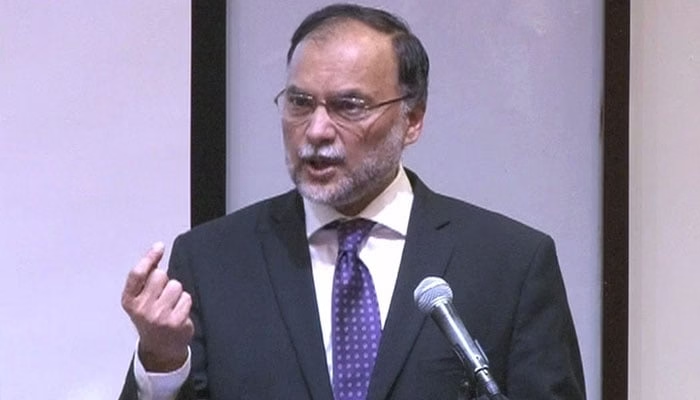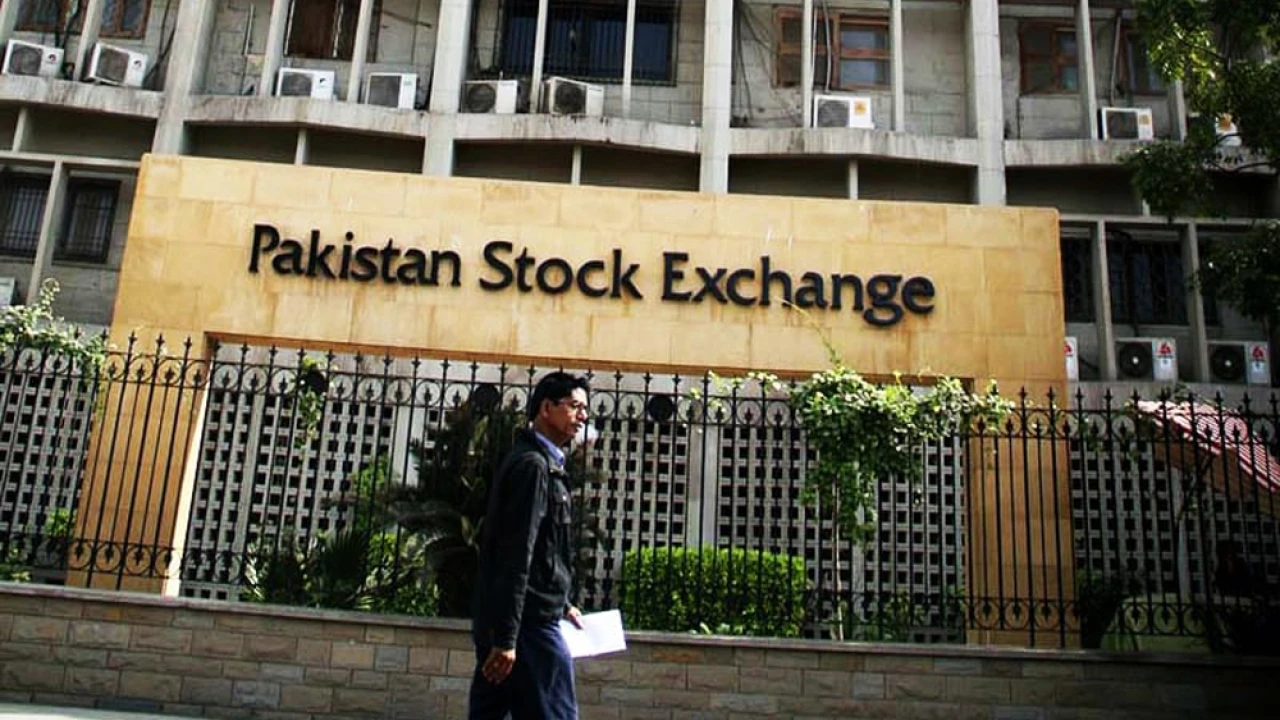In a significant policy announcement, Federal Minister for Planning Ahsan Iqbal unveiled Pakistan’s 13th Five-Year Plan, outlining an ambitious roadmap to boost the country’s economic growth to 6% by 2029 and expand the national economy to $600 billion. The plan aims to place Pakistan on a sustainable path of development, with a strong focus on infrastructure, human capital, and innovation.
Addressing a press conference alongside Chief Economist Dr. Imtiaz Ahmed on Thursday during the official launch of the Five-Year Plan and the Monthly Development Update, the minister stated that the government is fully committed to stabilizing and expanding the country’s economic base over the next five years.
Key Targets of the 5-Year Plan
According to Ahsan Iqbal, the comprehensive economic plan targets an increase in the federal development budget to Rs1,700 billion by 2029, while the provincial development budget is projected to reach Rs2,338 billion. These figures reflect the government’s resolve to ensure inclusive and regionally balanced development across all provinces.
Iqbal emphasized that the 6% GDP growth target is not just aspirational, but achievable through strategic planning, institutional reform, and enhanced cooperation between the federal and provincial governments.
A $600 Billion Economy by 2029
The Minister projected that the size of Pakistan’s economy, currently hovering around $375 billion, would grow to $600 billion within the next five years. He highlighted that this growth would be fueled by increased investment in public sector development, innovation, digital transformation, and enhanced productivity across major sectors like agriculture, industry, and services.
Allegations Against Former PM Imran Khan
In a sharp political twist during the briefing, Ahsan Iqbal also criticized PTI founder and former Prime Minister Imran Khan, alleging that funds recovered by the UK’s National Crime Agency (NCA)—totaling 190 million pounds—were misappropriated during Khan’s tenure.
Iqbal claimed that instead of returning the money to the national treasury transparently, the amount was quietly redirected for the benefit of influential figures. The Minister further stated that the current government, under Prime Minister Shehbaz Sharif, has now approved the establishment of a Danish University in Islamabad, which will be funded through these recovered assets.
This university will symbolize knowledge and national integrity—something that was clearly absent in how the previous government handled the 190 million pounds, Iqbal remarked.
Education and Innovation at the Forefront
The minister emphasized that education, innovation, and youth empowerment are core pillars of the development strategy. The government plans to increase investment in higher education institutions and research centers as part of the broader economic vision.
He noted that institutions like the upcoming Danish University would serve as regional hubs for research, science, and technology, helping Pakistan catch up with global standards and drive long-term economic growth.
Political Jibes and Accountability
While discussing the 5-year roadmap, Ahsan Iqbal did not miss the opportunity to take aim at PTI leadership, alleging that the founder of PTI misused public funds and failed to create a legacy of transparency or development. Referring to Imran Khan’s legal troubles, including the ongoing 190 million pound case, he said:
The public deserves to know where their money went. It is our responsibility to recover what was lost and invest it in the nation’s future.
Public Reactions and Next Steps
The announcement of the new Five-Year Plan has sparked debates across economic and political circles. While some experts have welcomed the roadmap and budgetary targets as realistic and well-aligned with development needs, critics argue that political instability, high inflation, and debt servicing could pose serious challenges.
Nonetheless, the Planning Ministry maintains that this new strategy represents a fresh beginning, driven by data, discipline, and a vision for sustainable prosperity.
As Pakistan navigates a complex domestic and global economic environment, the successful execution of the Five-Year Plan could be a defining milestone for the country’s future. All eyes are now on how the government turns this vision into reality.



